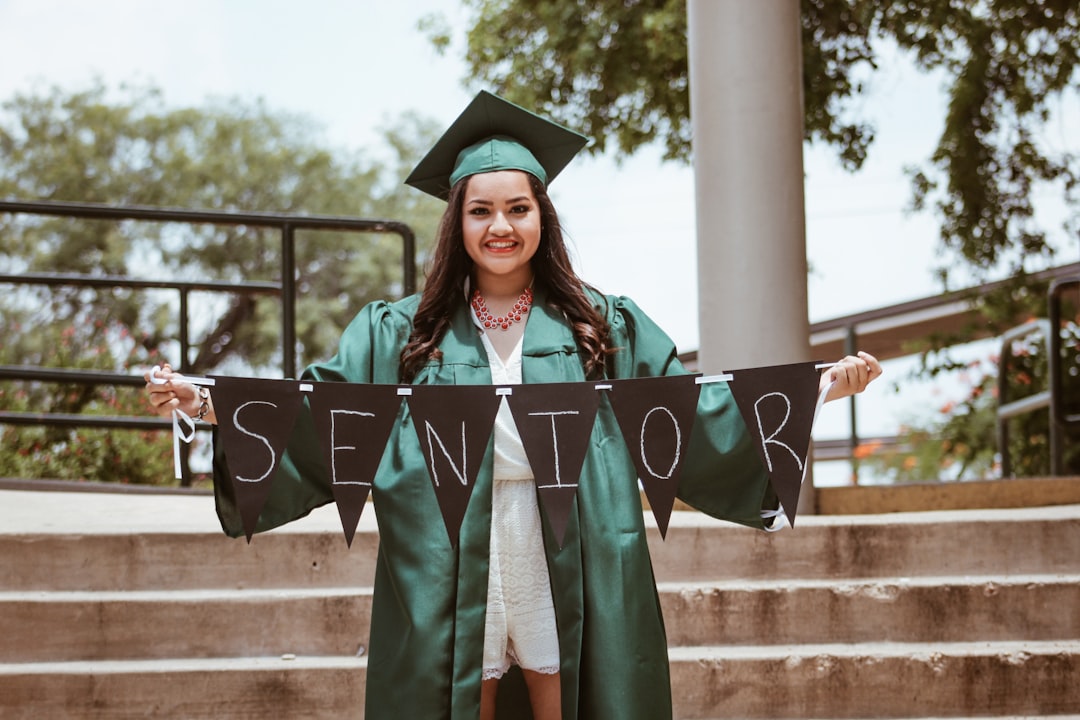What is it about?
One of the greatest challenges in the classroom is getting the balance right between holding high expectations whilst also providing a supportive environment that understands students’ individual circumstances and needs. High-Expectations Relationships are two-way relationships that are both firm and fair, finding the balance between high expectations and supportive relationships These are conversations built on deep listening, valuing strengths, and holding high expectations. Being ’fair’ in the relationship means engaging in enabling processes to create spaces of equal power dynamics. We describe this as building an emotional bank account. This ensures there can be respectful, open dialogue in a safe and trusting environment. Being ‘firm’ is characterised by courage, resilience, and rigor to hold high expectations and challenge mindsets in self and others. Once the emotional bank account is in place, challenging conversations become possible. In the classroom, this means a respectful teacher-student relationship where it is possible to sit together and challenge behaviours and agree on expectations.
Featured Image

Photo by Yannis H on Unsplash
Why is it important?
The significance of this work is for Aboriginal and Torres Strait Islander education in Australia. A High-Expectations Relationships conversation must start from a point that acknowledges the strengths that everyone brings. To do this, we need to recognise that our education system seeks to support Aboriginal and Torres Strait Islander students to ‘fit in’ to the values and strengths we have defined as being important from our western view of the world. As a result, this view of the world has conditioned us into a discourse of deficit and disadvantage regarding Aboriginal and Torres Strait people. So as educators, we might all believe in high expectations for all students, but we have to delve deep to recognise the cultural lenses we bring to the relationship and ask ourselves whether the baggage of deficit discourses is getting in the way.
Perspectives
The concepts of High-Expectations Relationships are incredibly important for Indigenous education in Australia. So many papers tell us what is needed for quality teaching for Aboriginal and Torres Strait Islander students, but very few talk about how to do this. High-Expectations Relationships provide strategies that can make a huge difference in the classroom. It turns the thinking around in a way that sees educators reflecting on the impact of Australia’s colonial history, seeking to learn more about Indigenous Knowledges, building better relationships with students, and making curriculum more culturally-responsive.
Cathy Jackson
Stronger Smarter Institute
Read the Original
This page is a summary of: High-Expectations Relationships: A Foundation for Enacting High Expectations in all Australian Schools, The Australian Journal of Indigenous Education, August 2018, Cambridge University Press,
DOI: 10.1017/jie.2018.10.
You can read the full text:
Resources
Contributors
The following have contributed to this page










